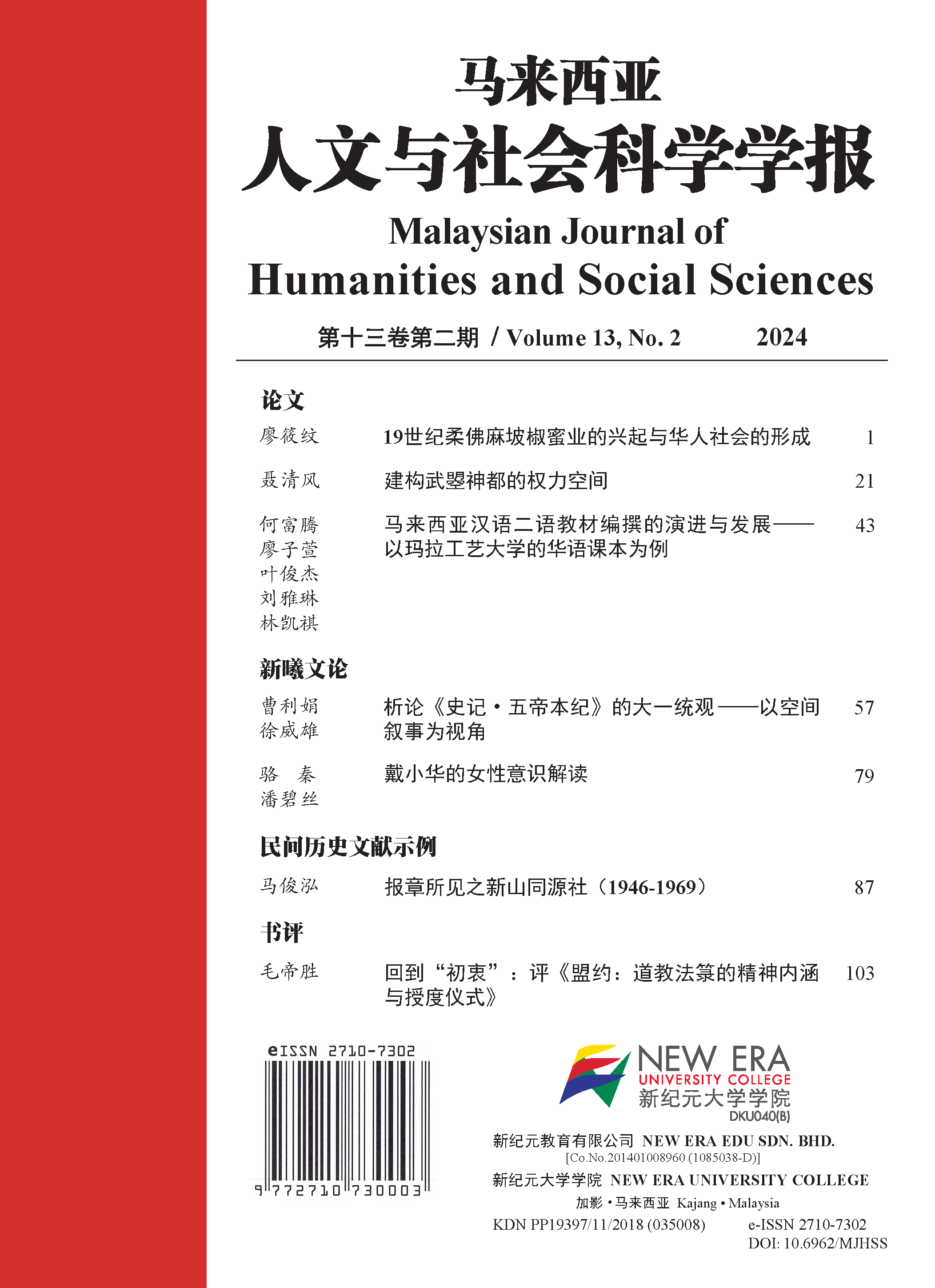建构武墨神都的权力空问 Constructing Spaces of Power in Wu Zhao's Divine Capital
Keywords:
武墨、洛阳、流言、城市史, Wu Zhao, Luoyang, gossip, urban historyAbstract
武竖在洛阳建立了自己的朝代,将这座城市作为自己的神都。本文研究洛阳城市景观如何在武坚主导下改变形态,以及武周臣民如何接受、改造、消费这一城市景观。作为中国历史上唯一一位女性皇帝,武墅将统治合法性的建设和巩固提高到一个全新层次。这种前无古人的高度和广度具体体现在洛阳及其周边地区经历的物理、人口、经济、政治景观的全面改造上。武墨臣民们也加入到这一事业中来,正是他们将宏伟蓝图变为现实,同时也经过必要的妥协和调整。每个人的城市经历交汇在一起,不仅在城市土地上结晶和沉淀,而且进入传统史书载记,并且作为叙事在各种非官方渠道里流通,其中就包括流言。
Wu Zhao founded her own dynasty in Luoyang, and established this city as her Divine Capital. This article examines the interaction between the cityscape dominantly transformed by Wu Zhao and its acceptance, transformation, and consumption by her subjects. As the only female emperor in Chinese history, Wu Zhao raised the level of development and solidification of the legitimacy of her ruling to a new height and a new scale, which was explicitly expressed through her transformation of the physical, demographic, economic and political landscape of Luoyang and its surroundings. In this endeavour, joined her subjects, she made her grand design come to existence with necessary compromises and adjustments. Their amalgamated urban experiences not only crystallized and settled in the soil of Luoyang and on the pages of conventional historical works, but also circulated as narrative through various unofficial channels, including gossip.




